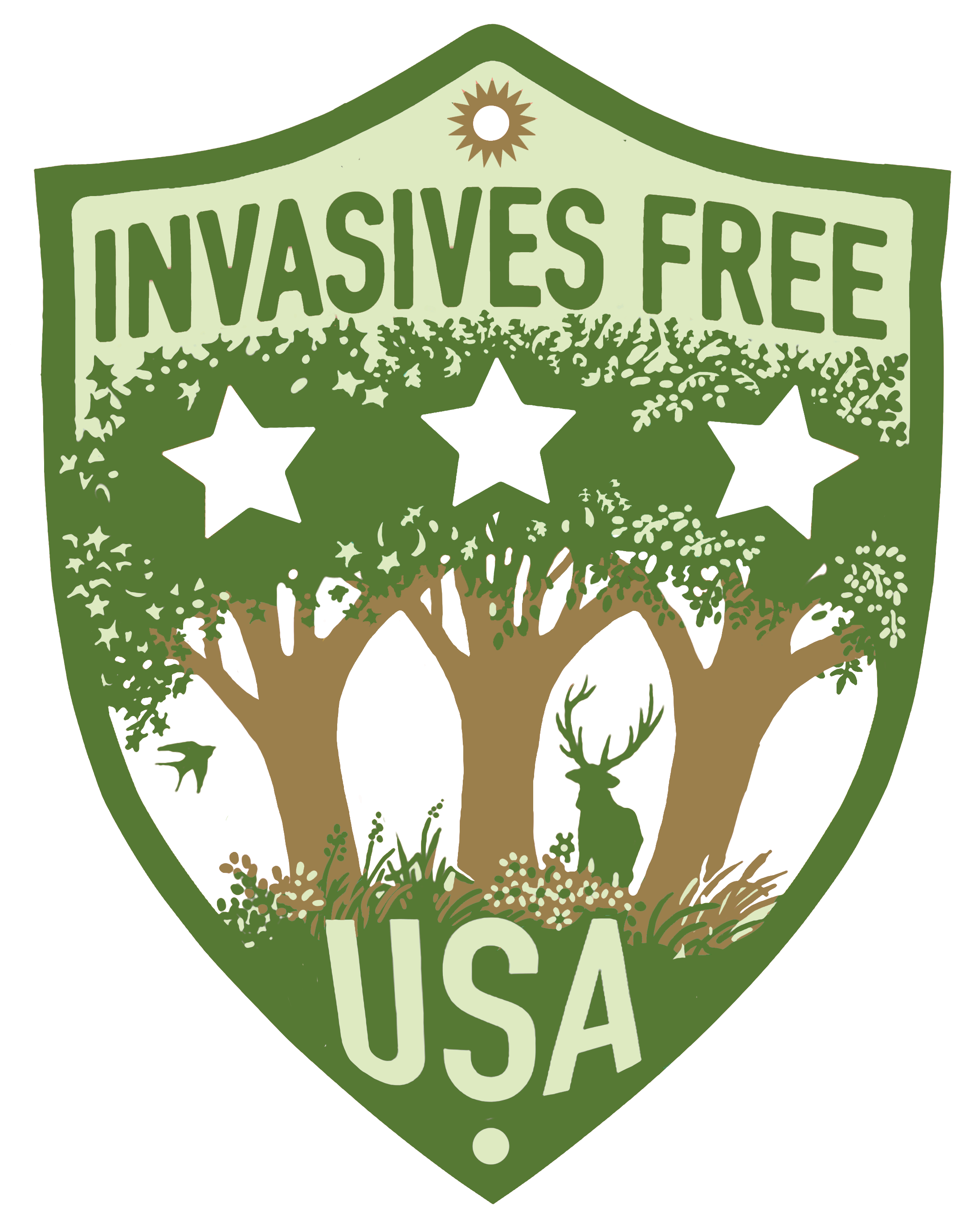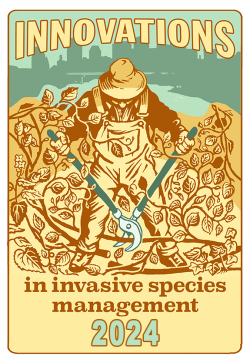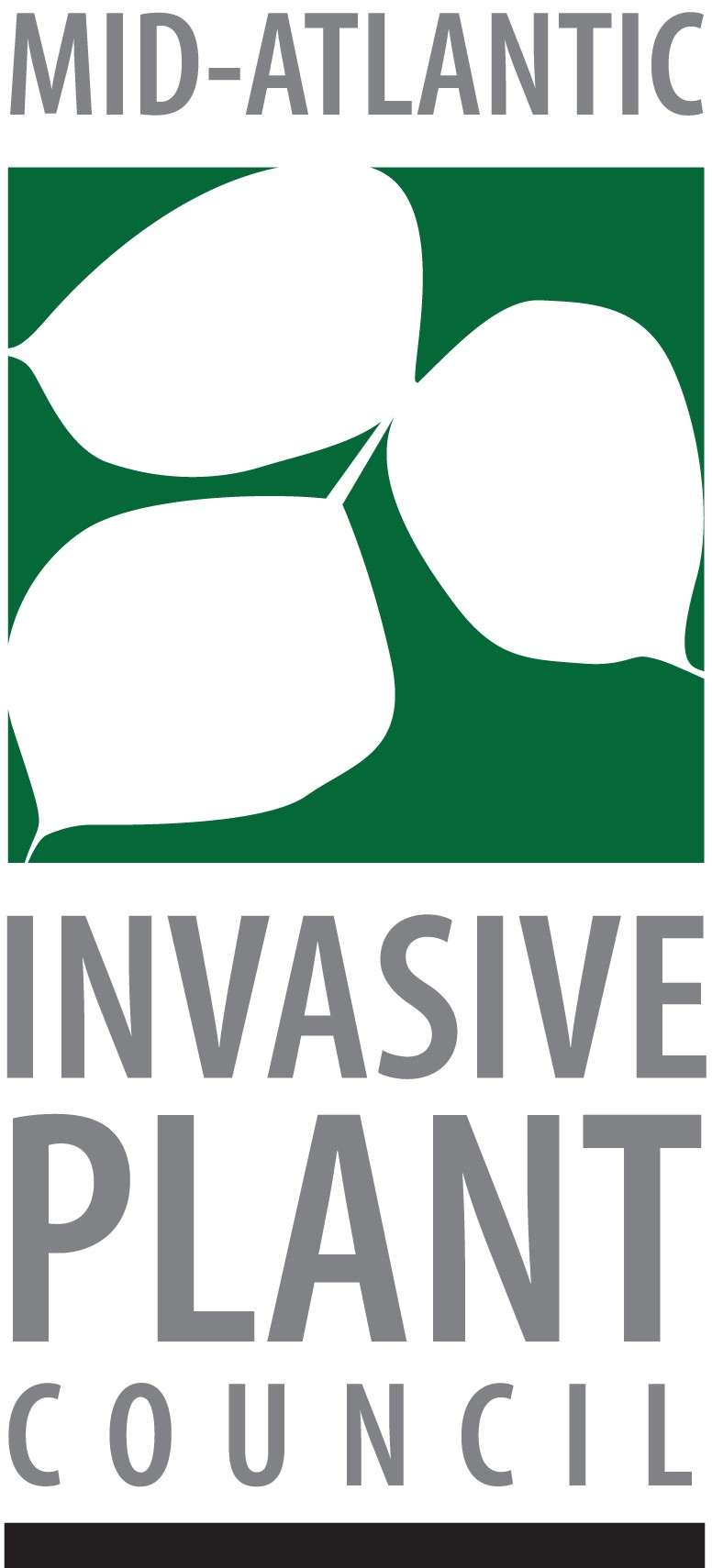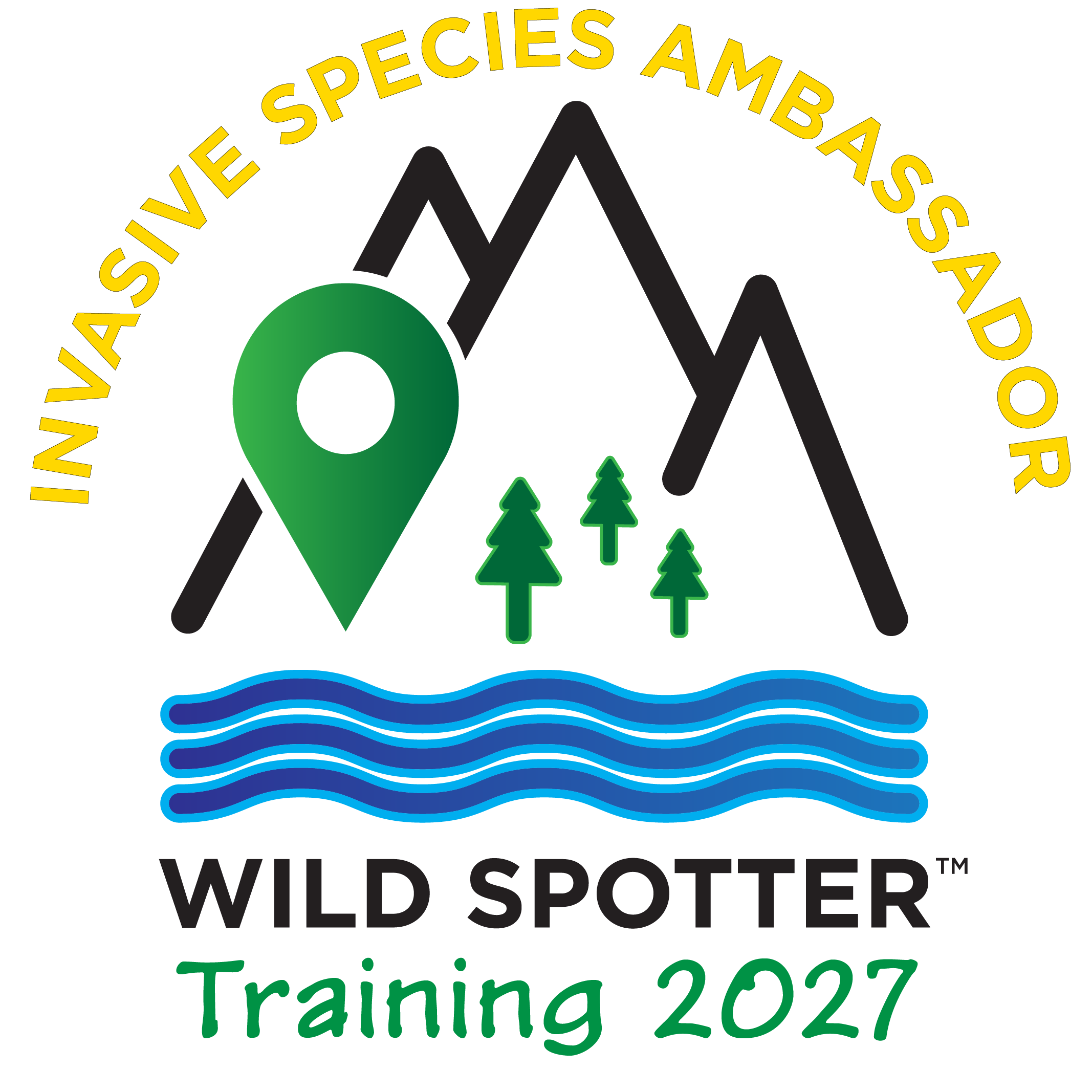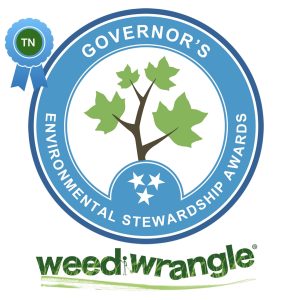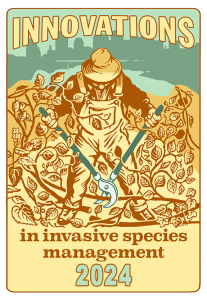Join Us for the 2nd Annual Wild Spotter Invasive Species...Read More
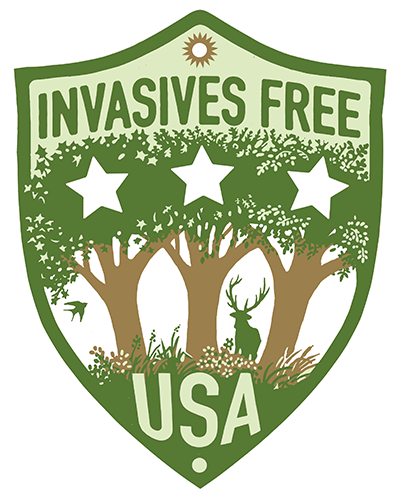
Invasives Free is the concept of creating areas, large and small, free of invasive species to allow for restoration of natural habitat, plants and wildlife. Results are best achieved by establishing geographic boundaries, identifying potential partners, building support, recruiting volunteers and determining common goals.
Upcoming Events
Mark your calendar and plan to attend an event dedicated to natural resource and invasive species management.
